QS Summit on AI and Higher Education
According to Professor Alexa Alice Joubin, meta-cognition and critical questioning skills are among the most important competency in the era of artificial intelligence. Prof. Joubin spoke at the QS Summit.
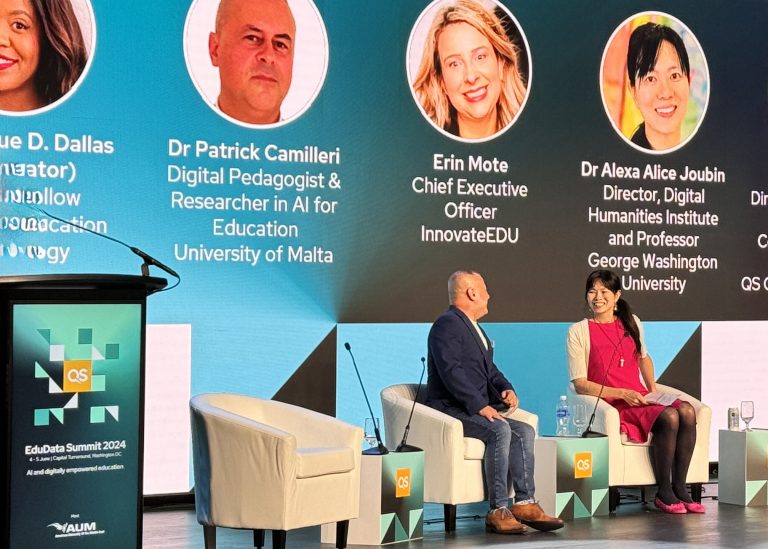
According to Professor Alexa Alice Joubin, meta-cognition and critical questioning skills are among the most important competency in the era of artificial intelligence. Prof. Joubin spoke at the QS Summit.

In what senses might AI be theorized as a type of RenAIssance technology of re-generation that connects early modern thoughts on mind-body and modern models of ideation? Submit your proposal for our panel on RenAIssance Studies: Techne, Technicity, and Artificial Intelligence at the RSA in Boston, March 20–22, 2025

During her talk at the World Bank, Alexa Alice Joubin raised questions about the intersectionality of technology and art. Art is front and center in digital transformations of our society today. Art fosters creativity, and creative thinking leads to social change.

George Washington University Trustworthy AI Initiative and Digital Humanities Institute seek to employ a research assistant who is proficient in web development and generative AI tools.
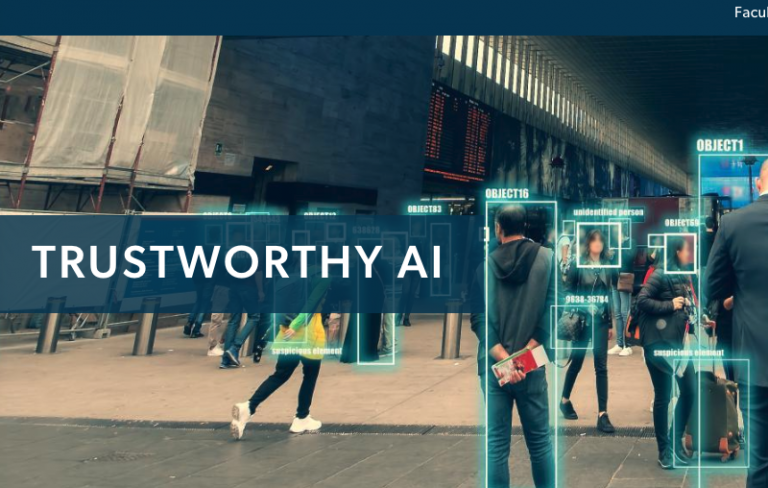
In April, 2024, George Washington University launched the Trustworthy Artificial Intelligence Initiative. Here is the news story. The Digital Humanities Institute is a partner program, and Profess Alexa Alice Joubin is a TAI faculty. As transformative AI becomes increasingly embedded in complex systems, policy makers and researchers must determine how to govern and evaluate this…
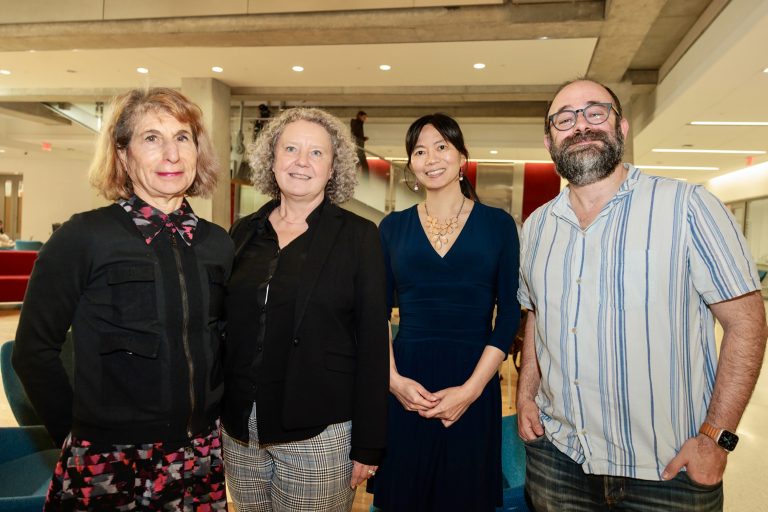
Susan Ariel Aaronson, Pamela Norris, Alexa Alice Joubin, and David Karpf Digital Humanities Institute founding co-director Alexa Alice Joubin has been named George Washington University’s inaugural Public Interest Technology (PIT) Scholar. Here is a news story. Along with two other PIT scholars, Susan Ariel Aaronson and David Karpf, Joubin will facilitate cross-disciplinary research and teaching,…

Generative AI tools stake claims to anonymized, collective authorship through machine-generated texts that are similar to patterns in the datasets they trained on. The notion of authorship faces new challenges of delineating the agency, knowability, and intentionality of written words. Led by Alexa Alice Joubin (English and Digital Humanities Institute) and Kylie Quave (University Writing Program and Anthropology), this session explores our society’s evolving relationship to written words and the future of the craft of writing.
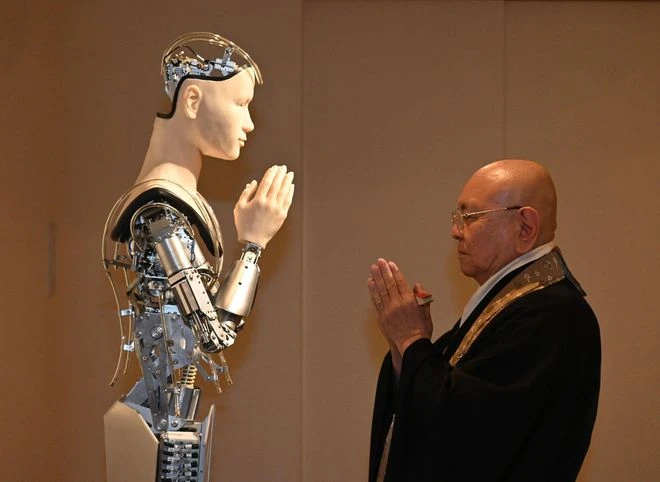
There are cases of AI monks and priests. Though religious institutions have not always behaved ethically in the past, they have centuries of experience parsing moral conundrums through the lens of their own belief systems. Prof. Irene Oh from the GW Department of Religion will lead a discussion of the many ways that artificial intelligence is changing the meaning and practice of religion.
What is missing from the current debate are insights from performance studies. Since ChatGPT remixes statistically most likely combinations of words, its outputs are in fact a form of theatrical performance. It draws on users’ prompts and the publics’ collective memories to produce improvised performances, within specific parameters, for its user-audiences.
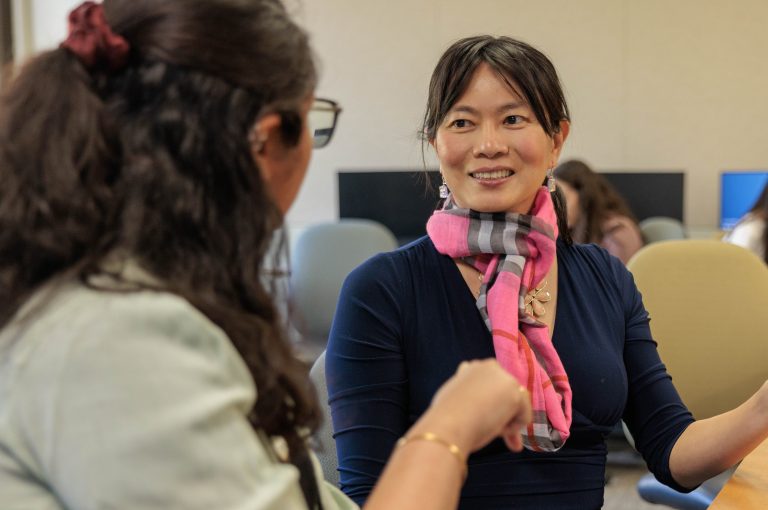
Alexa Alice Joubin views it as her responsibility to teach students how to use ChatGPT responsibly, not as a shortcut. “In our inquiry-driven culture, we need to know how to retrieve information through queries,” Joubin said. “Further, democratic society needs good question-askers as much as good problem-solvers. Asking key questions helps to advance scholarly fields, and students develop editorial, curatorial and critical questioning skills that are employable skills and the foundation of civil society in an era of ChatGPT.”